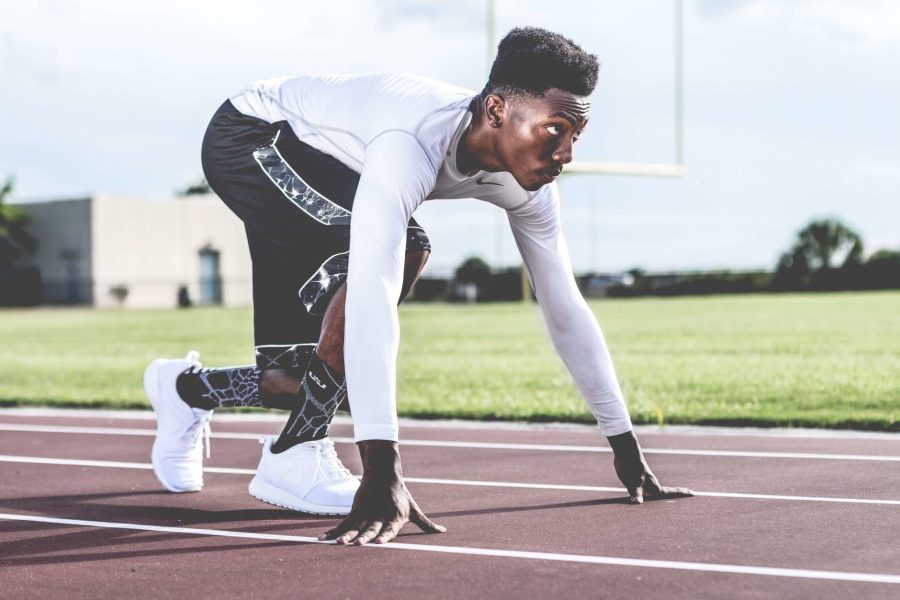Experts are still not sure if athletic abilities are genetic. However, some findings lean heavily on the possibility that some athletic traits are genetic. These include muscle mass, height, flexibility, coordination, and intellectual ability. In this research, they found that a large number of their genes were related to their performance. Let’s look at some of the factors.

Gene Makers
According to the American journal of human genetics, genetic markers are highly related to athletic abilities. The ACE gene and the ACTN3 gene are two of the most studied genes for athletic ability. Using a Fitness Genetic Test, various genetic markers have been discovered that contribute to athletic ability. For example, the ACTN3 gene has been associated with speed. The ACE helps regulate the body’s fluid levels and affects skeletal muscle function.
Most people have two copies of the gene ACTN3, which regulates the production of a protein present in muscle fibers. That, in turn, helps the body to move quickly. The two copies of the gene come in two forms—the R and X. The X version inhibits the protein from being produced. Having two X variants of ACTN3 stops the muscles from receiving this fast-moving protein. Researchers investigating the DNA of current and previous world-record-holding runners have yet to identify even one with two X’s even though 18% of a control sample of “regular” persons had two X’s.
Which Parent Is Likely To Pass on the Athletic Gene?
According to Stuart Wilson, Ph.D., elite athletes were three times more likely than pre-elite players to have parents who participated in competitive sports. At the same time, non-elite athletes were twice as likely to have parents who participated in recreational sports.
Elite athletes were also more likely to have parents who were elite athletes in the same sport as them. Whether the mother or father was into sports, the pattern of sport participation remained the same. However, there were more athletic fathers than moms among the athletes polled.
Conclusion
It is also possible to inherit a higher level of athletic ability. A study published by Dr. Gavin Sandercock suggests that those born during October and November were stronger and more flexible than their peers born outside those months. Only a few genes have been consistently and significantly associated with athletic ability. Apart from genetics, other factors include the environment, but a few genes can predict athletic success. Despite the importance of a genetic profile, an athlete’s success cannot be directly attributed to one gene variation.